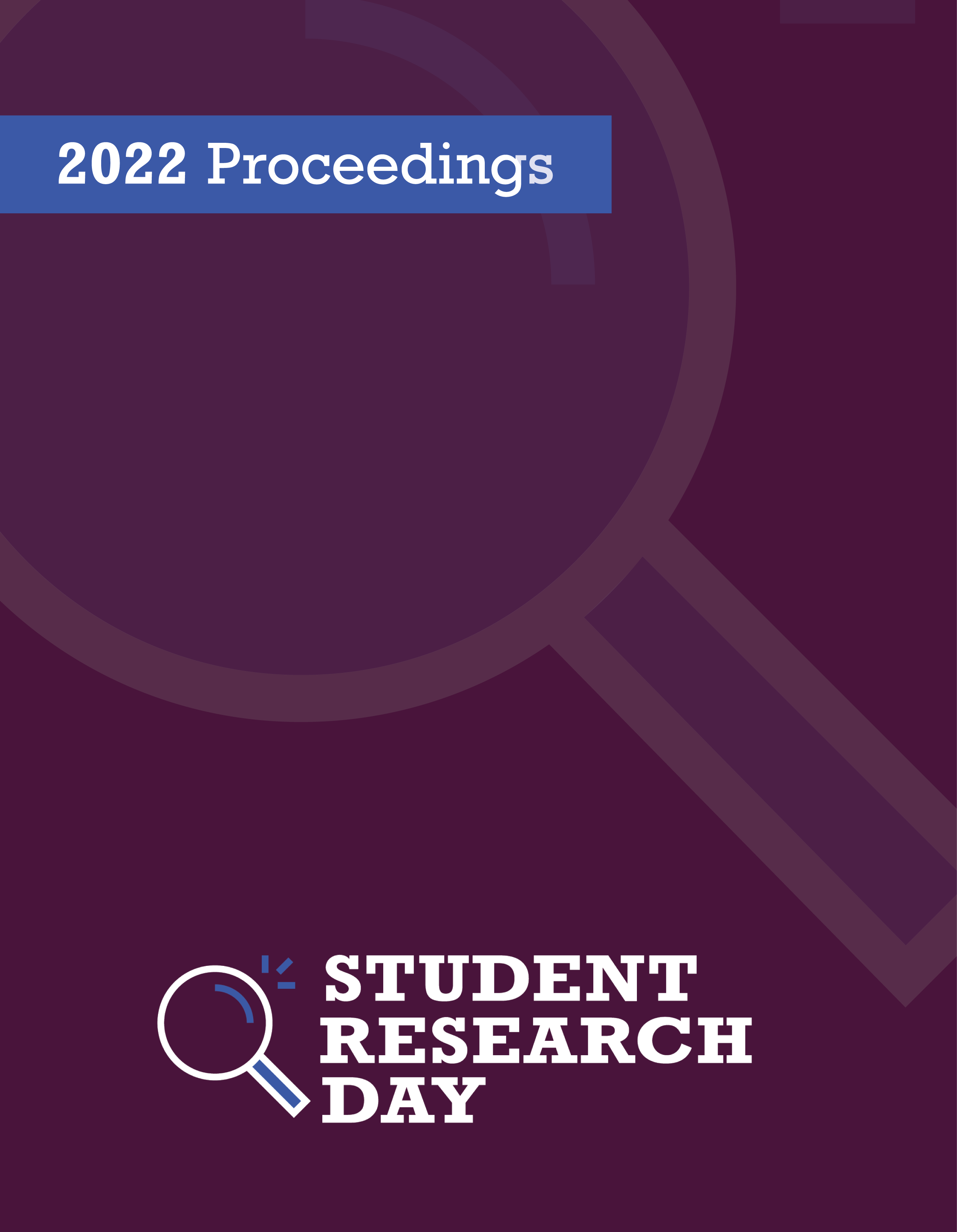Exploring Which Anxiety-Related Disorder Symptoms and Mechanisms are Associated with COVID-19 Anxiety
Abstract
In the wake of the COVID-19 pandemic, a rise in anxiety has been reported among the population. This rise coincides with the introduction of COVID-19 anxiety, which is the fear and emotional distress caused by the COVID-19 pandemic. Previous research has found an association between COVID-19 anxiety and symptoms of health anxiety, panic disorder, and obsessive-compulsive disorder. COVID-19 anxiety has also been associated with dysfunctional beliefs such as anxiety sensitivity, maladaptive metacognitions, and intolerance of uncertainty. Additionally, COVID-19 anxiety has been associated with the emotion of disgust. However, the association of these factors with COVID-19 anxiety has not been explored together in a single study. In the current study, self-report questionnaires were used to examine which anxiety- related disorder symptoms, and related mechanisms, were associated with COVID-19 anxiety. A total of 593 MacEwan students completed the study between September 2020 and February 2021. A set of regression analyses examined which anxiety-related disorder symptoms were uniquely associated with COVID-19 anxiety. The two symptoms most associated with COVID- 19 anxiety were health anxiety and obsessive-compulsive disorder symptoms. Additionally, panic disorder symptoms were also found to be associated. When examining the anxiety-related mechanisms, a second set of regression analyses identified disgust sensitivity and health anxiety-specific intolerance of uncertainty as having the strongest association with COVID-19 anxiety. Further, a maladaptive metacognitive belief related to thinking about one's health, as well as the physical and cognitive aspects of anxiety sensitivity, were associated with COVID-19 anxiety. Based on these findings, clinicians may wish to screen for COVID-19 anxiety in clients experiencing health anxiety, obsessive-compulsive, or panic disorder symptoms. Lastly, clinicians may find it helpful to target the clients' responses to feelings of disgust, and their health anxiety-specific intolerance of uncertainty, when working with clients experiencing high levels of COVID-19 anxiety.
Department: Psychology
Faculty Mentor: Dr. Alexander Penney
References
Downloads
Published
Issue
Section
License
Authors retain any and all existing copyright to works contributed to these proceedings.



